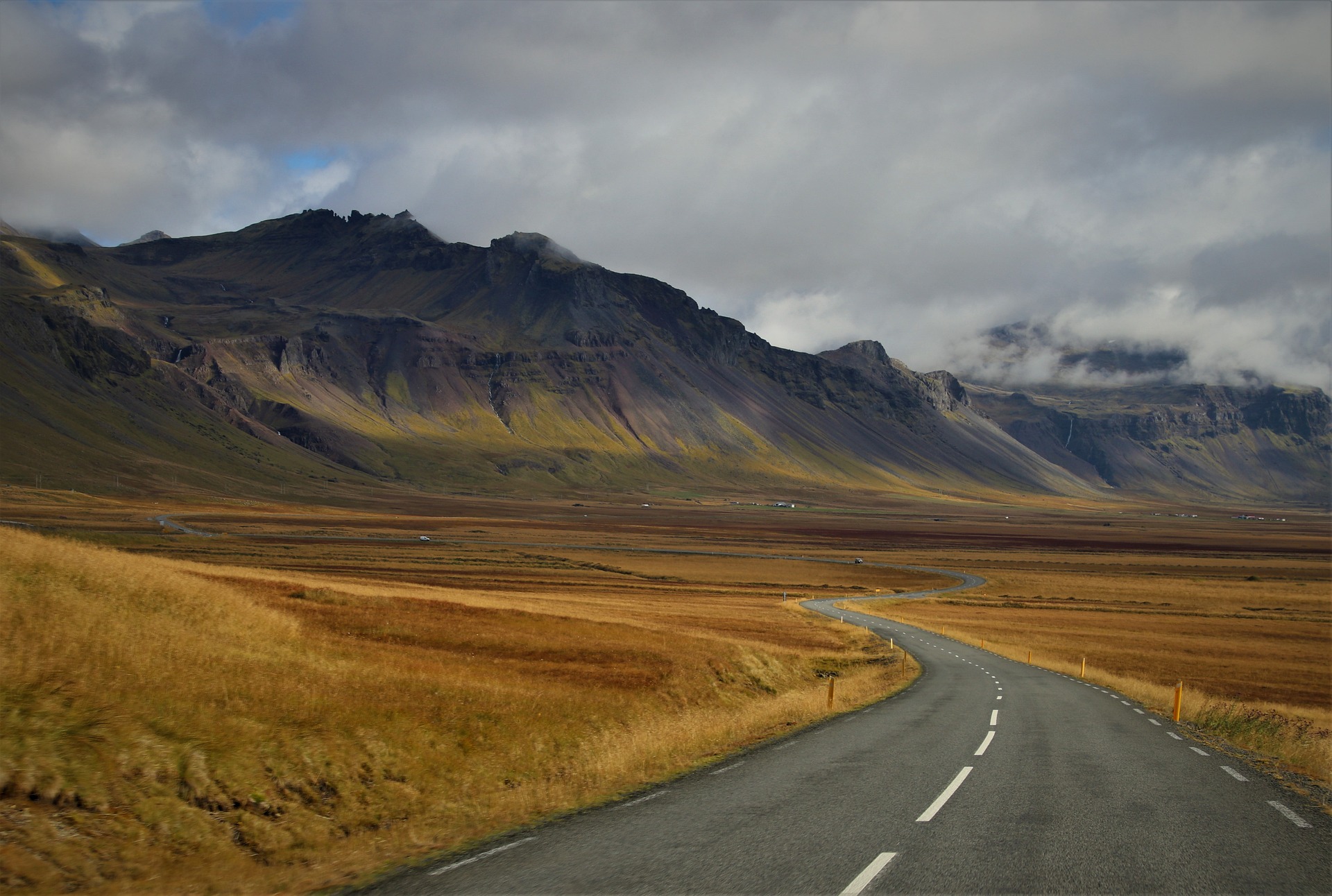Foraging Tours: A Culinary Adventure in Nature's Pantry
Embark on a gastronomic journey that takes you off the beaten path and into the heart of nature's bounty. Foraging tours are emerging as a unique way to explore destinations through their edible landscapes, offering travelers an immersive experience that combines outdoor adventure with culinary discovery. This trend is reshaping how we interact with local ecosystems and redefining the farm-to-table concept.

The Roots of Foraging Tours
Foraging, the practice of gathering wild food resources, has been an integral part of human survival for millennia. However, as urbanization increased and supermarkets became the primary source of food, this ancient skill began to fade from common knowledge. In recent years, there’s been a resurgence of interest in reconnecting with nature and understanding the origins of our food, leading to the birth of organized foraging tours.
A Taste of the Wild
Foraging tours offer participants a unique opportunity to explore the edible treasures hidden in forests, meadows, and coastlines. Led by expert guides with extensive knowledge of local flora, these excursions teach travelers to identify, harvest, and prepare wild ingredients safely. From pungent wild garlic in European woodlands to succulent sea vegetables along coastal shores, each tour provides a sensory exploration of the local terroir.
The Educational Element
Beyond the thrill of discovery, foraging tours serve as outdoor classrooms. Participants learn about local ecosystems, sustainable harvesting practices, and the cultural significance of wild foods in regional cuisines. This educational aspect adds depth to the travel experience, fostering a greater appreciation for biodiversity and the delicate balance of nature.
From Forest to Feast
Many foraging tours culminate in a communal meal, where participants can savor the fruits of their labor. Local chefs often collaborate with tour operators, creating innovative dishes that showcase the foraged ingredients. This farm-to-table experience takes on new meaning when travelers have personally harvested the key components of their meal, creating a profound connection between land, food, and community.
The Rise of Urban Foraging
While wilderness foraging remains popular, urban foraging tours are gaining traction in cities worldwide. These tours reveal the edible potential of urban green spaces, challenging perceptions of city environments and food sources. From medicinal herbs growing in vacant lots to fruit trees in public parks, urban foraging tours offer a fresh perspective on familiar surroundings.
Sustainability and Conservation
Responsible foraging tours emphasize sustainability and conservation. Guides educate participants on ethical harvesting practices, ensuring that foraging activities do not negatively impact local ecosystems. This focus on preservation aligns with the growing demand for sustainable travel experiences and helps foster environmental stewardship among participants.
Foraging Essentials for Travelers
-
Always join guided tours led by certified experts to ensure safety and legality
-
Wear appropriate outdoor clothing and sturdy footwear
-
Bring a reusable water bottle, sun protection, and insect repellent
-
Pack a small notebook for recording findings and recipes
-
Respect local regulations and obtain necessary permits if foraging independently
-
Never consume plants or fungi unless 100% certain of their identification
-
Leave no trace: take only what you need and avoid damaging surrounding vegetation
As travelers seek more authentic and immersive experiences, foraging tours offer a unique blend of adventure, education, and culinary exploration. By venturing into nature’s pantry, participants gain a deeper understanding of local ecosystems, traditional knowledge, and the intricate relationships between humans and their environment. Whether in lush forests or urban parks, foraging tours are redefining the concept of local cuisine and providing a fresh perspective on the destinations we explore.




